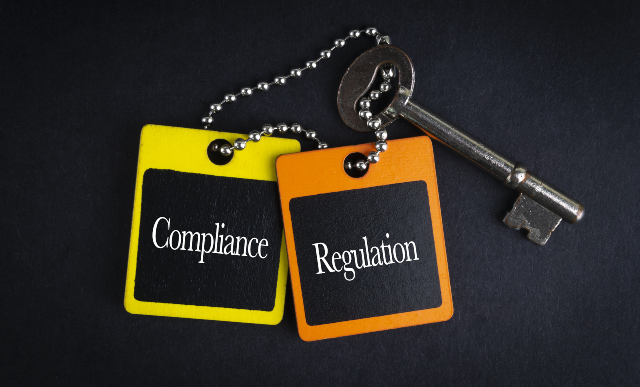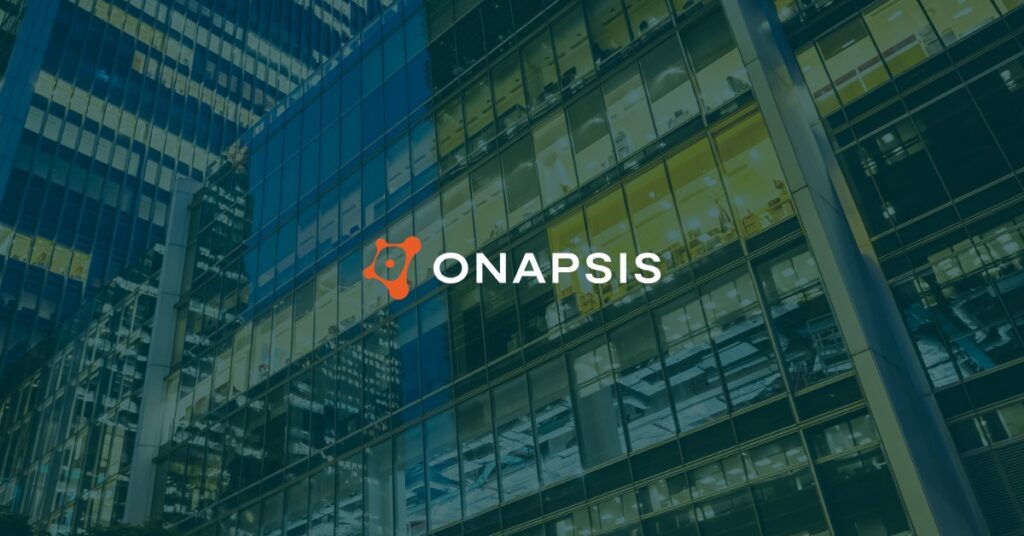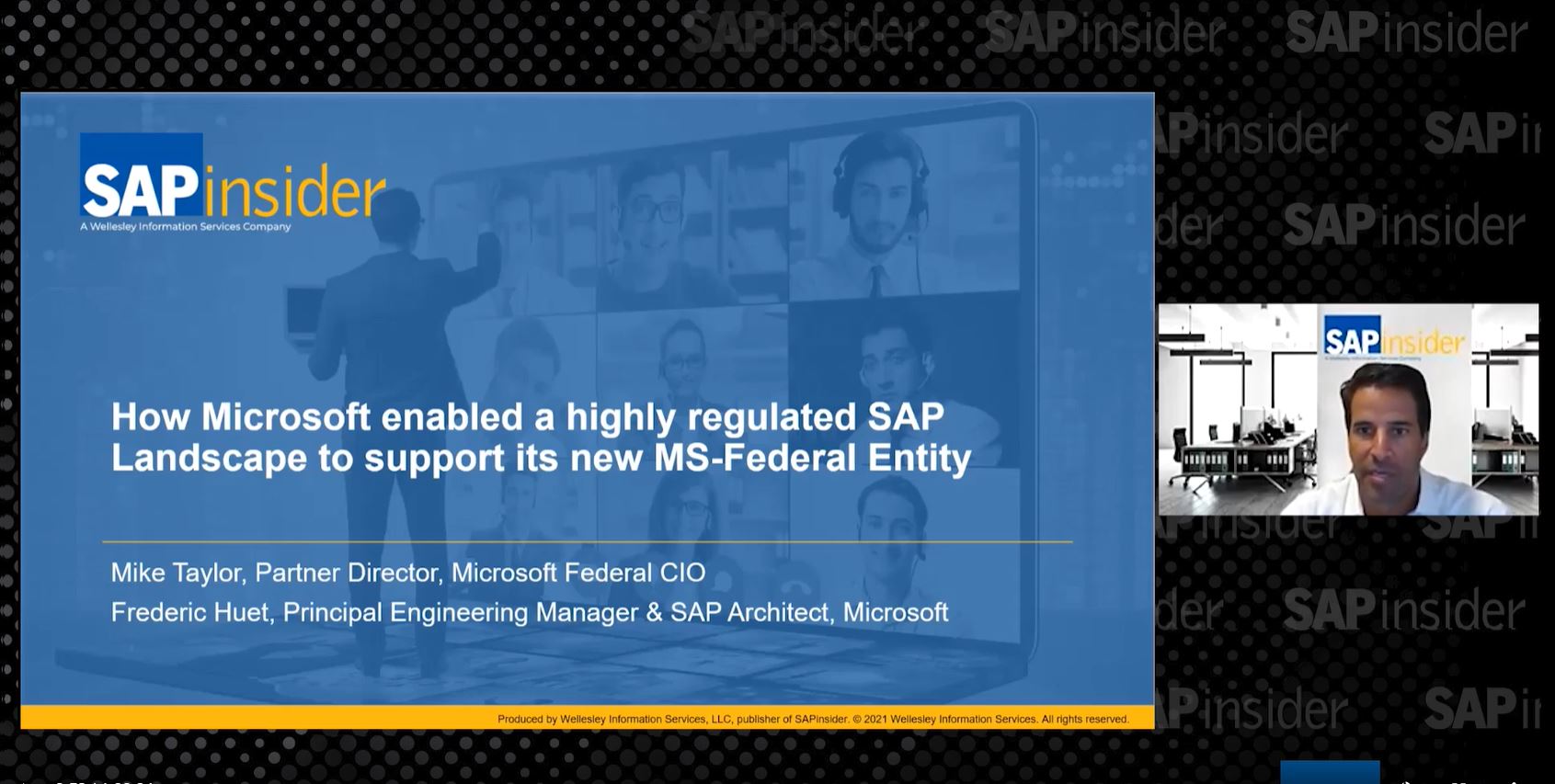
Meet the Authors
Key Takeaways
-
Beginning in 2024, most companies must report beneficial ownership information to the U.S. Department of the Treasury.
-
Organizations should ensure they are prepared to submit the necessary reports before that deadline.
-
Companies should research if they are exempt from these requirements and be prepared to make necessary updates within 30 days.
The regulatory and compliance landscape is constantly in flux, with new requirements for companies being imposed regularly. One of the latest regulatory requirements that organizations must contend with stems from the 2021 Corporate Transparency Act. Beginning January 1, 2024, many corporations, LLCs, and other business entities will be required to report beneficial ownership information to the U.S. Department of the Treasury’s Financial Crimes Enforcement Network (FinCEN). Companies created in 2023 or before will have until January 1, 2025, to complete and file their initial beneficial ownership information report with FinCEN.
As few states require corporate disclosures about the individuals who own or control companies, FinCEN says the lack of transparency allows “criminals, corrupt officials, and other bad actors to hide their identities and launder illicit funds through the United States using shell and front companies.”
Requiring the disclosure of beneficial ownership information aims to level the playing field for legitimate businesses operating within the U.S. and protect its financial system from illicit use. However, this also poses another regulatory challenge for these same businesses.
Explore related questions
Meeting the Challenge
Like any new regulatory requirement, beneficial ownership reporting can be complex. Requirements vary based on the location and status of the corporation itself. Each different company may have certain exemptions and special conditions they must meet.
To help companies ensure that they meet the new beneficial ownership information reporting requirements, CT Corporation, a Wolters Kluwer subsidiary, provided a fact sheet that lays out reporting requirements and answers frequently asked questions that companies may have about the process. Those questions include:
- Which entities are required to provide beneficial ownership information reporting?
- What information do those entities need to disclose about the reporting company?
- What information does each report need about the beneficial owners?
- What information is required to be reported about each company applicant?
- Which companies are exempt from these requirements?
First, it is important to understand what exactly constitutes a beneficial owner. In this context, it means “the individuals who directly or indirectly own or control 25% or more of the “ownership interests” of the reporting company or who directly or indirectly exercise “substantial control” over the reporting company.”
Organizations and their applicants should be prepared to provide all required information regarding the company, beneficial owners, and the applicants themselves. Applicants and owners may consider obtaining a FinCEN identifier, which is a unique identifying number that FinCEN will issue to individuals or entities upon request. It can be used in lieu of other required information. This information can all be found on the CT Corporation fact sheet.
Organizations both foreign and domestic are required to comply with the regulations set forth by the 2021 Corporate Transparency Act. However, there are more than 20 different exemption categories. These are typically entities that are already subject to similar regulations from the federal government, but organizations should closely examine these exemptions to see if they qualify.
It is also important to note that, even after their initial filing, companies must submit another filing within 30 days of any change to the reported information about the company or its beneficial owners. Companies can visit CT Corporation for more detailed information.




